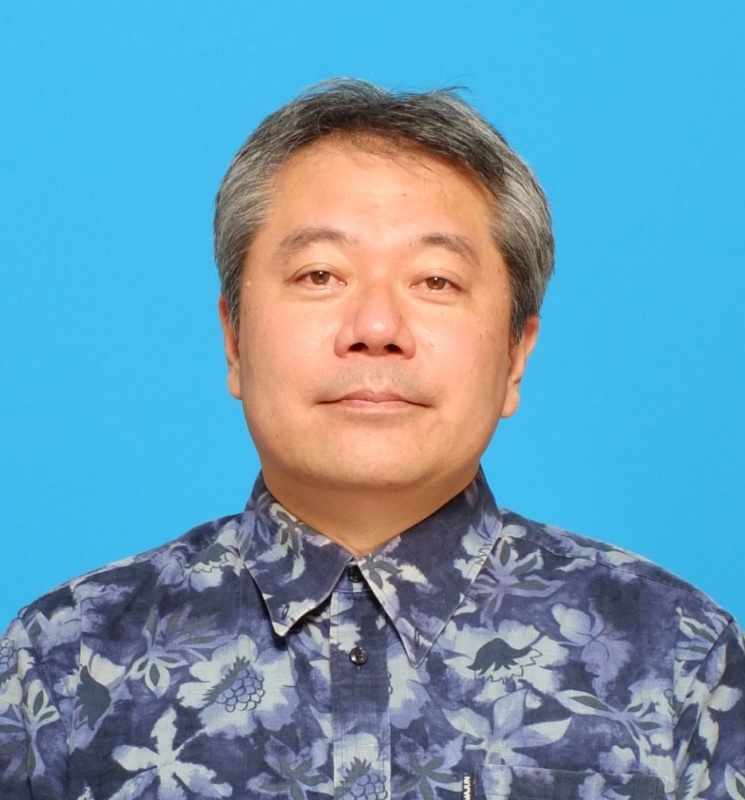- Home
- An Overview of Our Laboratories
- Imai Laboratory
| Imai Laboratory | |
|---|---|
| Faculty Member | Professor Hideyuki Imai |
| Phone | Extension 8554 |
| Laboratory Website | http://imailabo.web.fc2.com/ |
Recommeneded Courses for Prospective Students
Students should take a broad range of courses on marine life and land-dwelling animals, as well as the courses that will be useful in your research.
About Our Laboratory
Laboratory and Methods
At this laboratory, we research molecular population genetics of aquatic animals such as crustaceans and fish, conservation biology, and ecology.
Specific Graduation Research Project Themes
Areas of research:
1) Population genetics using molecular markers of fish and shellfish: Ascertaining the state of genetic diversity--both inter and intra populations--and studying population structure, based on specimens collected
2) Develop methods of discernment using molecular genetics for fish and shellfish larvae, for cases in which it is difficult to distinguish species using morphology: We collect samples for the species we want to identify as well as samples of taxonomically related species and develop a means of discerning one species form another using mitochondrial and nucleic DNA polymorphism. At times, we also study crossbreeds in our breeding projects.
3) We also study genetically related organisms between species. The following types of fish and shellfish have been studied in our students’ graduation projects and as Master Degree level research: the gizzard shad (fish), the Ryukyu gizzard shad (fish), blue swimmer crab (crustacean), fiddler crab (crustacean), the bigfin reef squid (cephalopods), goldlined spinefoot (fish), little spinefoot (fish), medaka (fish), pond mussel (bivalve), anodanta (bivalve), prawns (crustacean), the Japanese spiny lobster (crustacean)
Prospective students should be....
If you like living things in general, and if you are motivated, active and determined to pursue your research, you may want to join our lab. You also should be ready to devote yourself to hard work and sometimes stressful experiments. We welcome cooperative teamplayers who follows the rules of our lab for smooth operation, and who assist other members at the time field sampling, etc..
Other messages from the faculty
Since university studies are not part of compulsory education, students must be able to take the initiative. Students should begin their graduation research project in the second half of their third year.








